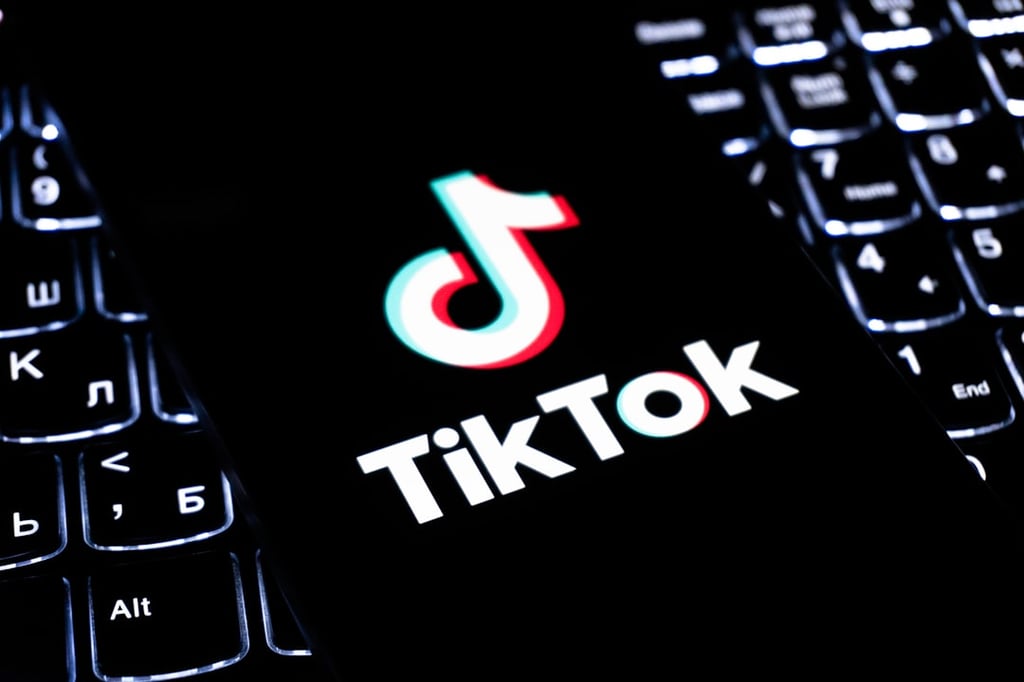Datamation content and product recommendations are
editorially independent. We may make money when you click on links
to our partners.
Learn More
Apple’s iPhone may have become a surprise hit with business users, but it’s path to success should sound familiar to computer history buffs.
Apple’s (NASDAQ: AAPL) first big product, the Apple II, debuted as a home computer popular for playing games and educational software. Later, sales to business picked up exponentially in the early 1980s when the first spreadsheet program, VisiCalc, was developed for the Apple II. But because personal computers weren’t taken seriously by data processing departments (precursor to today’s IT staff), users snuck Apple IIs in through the back door because they were such an aid to productivity.
Fast forward almost thirty years and the same thing has happened with the iPhone. Apple’s made a concerted effort to address IT’s feature wish list, including support for Microsoft Exchange and security enhancements, but other more enterprise-established devices like Research In Motion’s BlackBerry line are more favored by IT. Still, because of user demand, including at the management and executive suite, IT staffs have moved to provide support for the iPhone and vendors like Sybase (NYSE: SY) have come forward with services that enhance the device’s security and manageability.
But a big sticking point has been applications. Consumers simply download apps from the Apple App Store, a phenomenally successful online store that’s had over 2 billion downloads since it was first introduced about two years ago. But IT wants and needs control of app distribution to ensure security and productivity, among other reasons, that the App Store doesn’t offer.
Mobile apps meet IT management
Enter Ondeego, which this week launched the first public beta of its AppCentral for iPhone, a deployment system for applications developed in-house. AppCentral is a cloud service designed to let enterprises and developers manage the discovery, distribution, installation and deletion of apps on their iPhone.
“The alternative is dedicating a server and building your own distribution system,” Ondeego CEO Ken Singer told InternetNews.com. “We do all that for you in the cloud, with security features and authentication included.”
AppCentral users need to establish an account with Ondeego to get access to the apps, and their iPhone needs to be tethered to a computer to sync the app to the iPhone. Ondeego said AppCentral can manage large deployments of iPhones in business environments. Also, companies enrolled in Apple’s iPhone Developer Enterprise Program can use AppCentral to install custom, enterprise apps directly onto their employees’ iPhones without using the App Store.
Singer said he can’t detail his discussions with Apple beyond noting the company got the clearance and technical details it needed to make sure AppCentral works the way it’s supposed to. Spokespeople for Apple did not return requests for comment by press time.
Why not an Apple AppStore for the enterprise?
Singer doesn’t seem worried that Apple could simply create its own version of AppCentral itself, a kind of App Store for the enterprise.
“I can’t get into Apple’s mentality or strategy, but when it comes to allowing enterprise distribution, I think they view the employee as their consumer,” Singer said. In other words, Apple is responsible for software distribution, IT doesn’t want to cede that control and Apple doesn’t necessarily want to be put the resources toward extending their model to the enterprise.
Early users of AppCentral are happy with results. “No longer do we need to sit for days upon end in a client’s conference room, waiting for employees to come in to get their new apps installed on their iPhones,” John Stafira, CEO of developer Stafira, said in a statement. “With AppCentral, we can now electronically deliver the apps that we build for our clients who can test them and give us their approval. Once approved, the employee can directly install the application on their iPhone themselves.”
Ondeego said that among companies that have standardized on the iPhone, custom, in-house mobile apps have proliferated. Genentech’s CIO Todd Pierce said in an interview with Lundberg Media that the biotech giant has more than 30 in-house iPhone apps.
David Needle is the West Coast bureau chief at InternetNews.com, the news service of Internet.com, the network for technology professionals.
-
Huawei’s AI Update: Things Are Moving Faster Than We Think
FEATURE | By Rob Enderle,
December 04, 2020
-
Keeping Machine Learning Algorithms Honest in the ‘Ethics-First’ Era
ARTIFICIAL INTELLIGENCE | By Guest Author,
November 18, 2020
-
Key Trends in Chatbots and RPA
FEATURE | By Guest Author,
November 10, 2020
-
Top 10 AIOps Companies
FEATURE | By Samuel Greengard,
November 05, 2020
-
What is Text Analysis?
ARTIFICIAL INTELLIGENCE | By Guest Author,
November 02, 2020
-
How Intel’s Work With Autonomous Cars Could Redefine General Purpose AI
ARTIFICIAL INTELLIGENCE | By Rob Enderle,
October 29, 2020
-
Dell Technologies World: Weaving Together Human And Machine Interaction For AI And Robotics
ARTIFICIAL INTELLIGENCE | By Rob Enderle,
October 23, 2020
-
The Super Moderator, or How IBM Project Debater Could Save Social Media
FEATURE | By Rob Enderle,
October 16, 2020
-
Top 10 Chatbot Platforms
FEATURE | By Cynthia Harvey,
October 07, 2020
-
Finding a Career Path in AI
ARTIFICIAL INTELLIGENCE | By Guest Author,
October 05, 2020
-
CIOs Discuss the Promise of AI and Data Science
FEATURE | By Guest Author,
September 25, 2020
-
Microsoft Is Building An AI Product That Could Predict The Future
FEATURE | By Rob Enderle,
September 25, 2020
-
Top 10 Machine Learning Companies 2020
FEATURE | By Cynthia Harvey,
September 22, 2020
-
NVIDIA and ARM: Massively Changing The AI Landscape
ARTIFICIAL INTELLIGENCE | By Rob Enderle,
September 18, 2020
-
Continuous Intelligence: Expert Discussion [Video and Podcast]
ARTIFICIAL INTELLIGENCE | By James Maguire,
September 14, 2020
-
Artificial Intelligence: Governance and Ethics [Video]
ARTIFICIAL INTELLIGENCE | By James Maguire,
September 13, 2020
-
IBM Watson At The US Open: Showcasing The Power Of A Mature Enterprise-Class AI
FEATURE | By Rob Enderle,
September 11, 2020
-
Artificial Intelligence: Perception vs. Reality
FEATURE | By James Maguire,
September 09, 2020
-
Anticipating The Coming Wave Of AI Enhanced PCs
FEATURE | By Rob Enderle,
September 05, 2020
-
The Critical Nature Of IBM’s NLP (Natural Language Processing) Effort
ARTIFICIAL INTELLIGENCE | By Rob Enderle,
August 14, 2020
SEE ALL
ARTICLES









